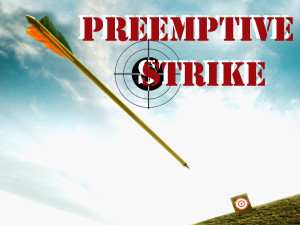 I’ve heard about this happening to other writers. You’re almost at the end of your masterwork when a book comes out with great fanfare and it’s the book you’re just completing.
I’ve heard about this happening to other writers. You’re almost at the end of your masterwork when a book comes out with great fanfare and it’s the book you’re just completing.
I’m within ten thousand words of finishing my android sequel, when I read in the New York Times Book Review that a new book, “Speak, by Louisa Hall, is a “meditation on robots, artificial intelligence, fairy tales, and the human spirit.”
It involves five voices discussing a core of philosophical questions exploring “the nature of memory, the borders of personhood; how words can illumine and obscure and hoodwink and rescue.”
Unlike my clunky tale, which is a straightforward chronological adventure, Hall’s jumps around in time and space, so that Alan Turing himself makes an appearance, reflecting on the meanings in Alice in Wonderland.
A computer scientist, Karl, writes an operating system called MARY that animates talking dolls, making them into AI devices. Shoot! That’s so much better than my humdrum software bots.
And to top it off, Hall is represented as a poet, and the book is described as lyrical, quizzical, and uplifting. I can lay no claim to lyrical language. I wrote a sestina once that I thought was pretty good, but beyond that, I tend to write descriptive language in a scientific style, the curse of a lifetime of academic writing.
Naturally I immediately ordered Hall’s book. Meanwhile, my reactions are mixed. On the one hand, I am discouraged to have been trumped, even though I already realize that this book is only tangentially related to mine, but a similar theme is definitely there. It is not so easy to write a non-dystopian android story. At the same time, I’m happy that androids are “in the air.” I believe androids are the new vampires. They have a lot of life left in them. So I should be grateful to Hall for plowing the field.
Any writer who has had the experience of seeing “their” book come out in print before the manuscript is finished will understand my distress. I have to believe, however, that my writing is what makes my work unique – my understanding of how things are, and my way of saying so. If a book is so generic that only the thematic idea distinguishes it, then it’s probably not worth writing or reading anyway. Right. And the grapes are sour, too.
